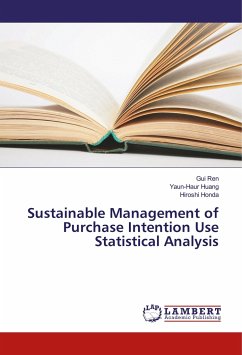Nowadays, the number of women entrepreneurs in Indonesia is less than the men entrepreneurs and it reveals questions about the reasons why it happened. The research aims to analyze the women's entrepreneurial intention by using the theory of planned behavior (Attitude, Subjective Norms, and Perceived Behavioral Control) by Ajzen which measured from education, family and work experiences. Based on the result, it is found that education and work experiences give a positive influence on the theory of planned behavior and it gives impact to the women entrepreneurial intention aside subjective norms. It is recommended, from a conceptual framework perspective, more factors need to be analyzed to find out the factors that motivate women to be an entrepreneur. In order to reach larger audiences, from a data analysis perspective, the sampling method in the future should be extended to a broader population, a larger sample size, and better representative sampling methods which have become the limitation of this study.
Bitte wählen Sie Ihr Anliegen aus.
Rechnungen
Retourenschein anfordern
Bestellstatus
Storno








